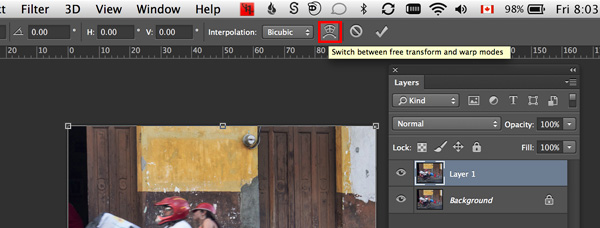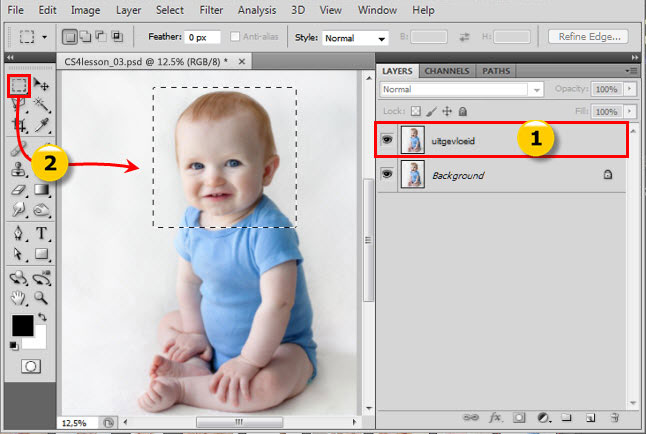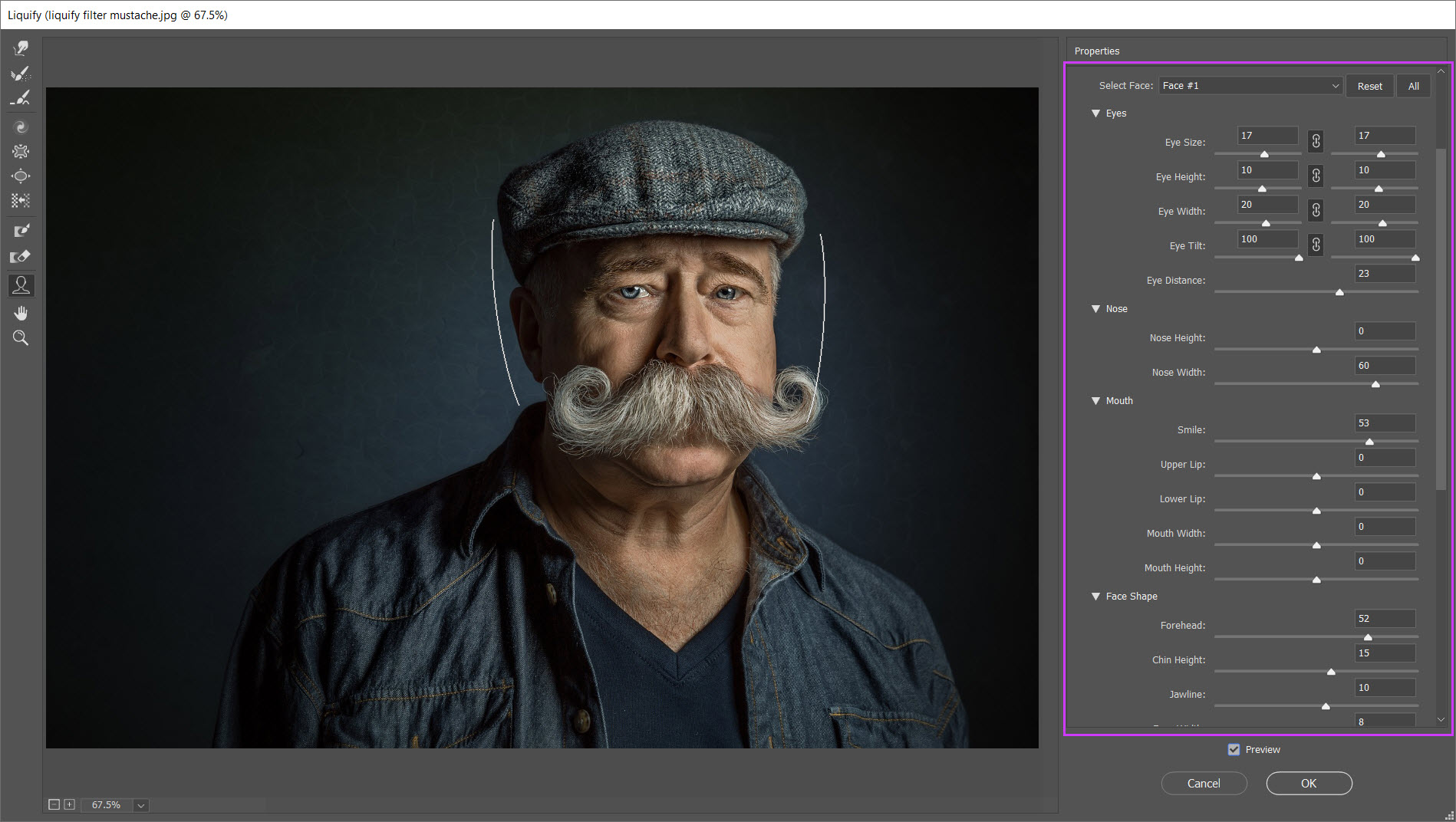
- #Photoshop liquify tool access denied skin
- #Photoshop liquify tool access denied software
- #Photoshop liquify tool access denied Pc
In 2013, it launched the first Meitu smartphone, which had a particularly powerful camera in the front so users could take better selfies. Unlike some tech titans (see: Google) that made the transition, Meitu has foundered. Meitu has tried everything to become more than a tool. In 2016, a report by the Shenzhen-based data analytics firm Aurora Mobile estimated that Meitu, the "absolute leader" among photo editing apps, commanded less than four minutes of screentime per user on an average day. Meitu has faced a challenge common among apps that serve as tools: users are there for a specific reason, and only for a few minutes. And the user numbers represented a 40% drop from the number of monthly active users reported in 2016. It was only in 2020, 12 years after its birth, that Meitu turned a net profit - a meager $9 million, for a company with a quarter-billion active users. It was the second massive internet company to list in Hong Kong, just after Tencent, but Meitu never managed to become nearly as profitable as the tech giant.

#Photoshop liquify tool access denied skin
Instead, he said, Meitu was only helping its users to become more confident and "more beautiful in real life." It was all skin deepįor Meitu, it has all been downhill since the IPO. In 2016 when Meitu went public on Hong Kong Stock Exchange, its Chief Financial Officer Gary Ngan denied Meitu's participation in this toxic culture to the New York Times. A technical glitch went viral nationally in 2019 when the real face of an influencer was accidentally shown while live, shocking her fans with the contrast.īut it's hard to put all of the blame on the tool, and none of the people who use it. Meitu's heyday may have passed, but the culture of excessive digital beautification it heralded still dominates the Chinese internet, where influencers feel it's mandatory to turn on beauty filters provided by companies like Douyin and Kuaishou during livestreams. It's disproportionately affected women, who have long been made hyper-aware of their physical appearances, and judged harshly whenever they fall short of various arbitrary, ever-changing standards. The convenience of Meitu fueled a culture where everyone feels obliged to alter how they look before posting a picture. But the naming of the tools offers a peek into the kind of aesthetics it sells: It helps you "Smooth" your skin, "Slim" your face, "Firm" the wrinkles and "Enlarge" your eyes. The tools themselves are bidirectional: users can make their skin paler or darker, drag their jawline inward or outward. Meitu both shaped - and profited off of - social stereotypes. When everyone started taking and sharing selfies on social media, they were surprised to find out they could transform their look with a few taps on their smartphone screen via Meitu. The two mega-platforms of today, Weibo and WeChat, were released in 20 respectively. This was around the time when mobile social media started blowing up in China. Then in 2011, Meitu released a mobile version.
#Photoshop liquify tool access denied software
In just two months, Meitu's desktop software topped one million users. Similarly, "Clone Stamp" became "Remove Acne," and "Sharpen Edges" became "Brighten Eyes." Meitu had distilled Photoshop's most useful functions, tailored them to the needs of selfie editing and sold the technology to people with no editing experience.

Most people probably don't understand what "liquify" means in Photoshop, but the same function that lets you push and drag to distort an image is named "Slim Body" in Meitu. Meitu, whose corporate mission is "to let everyone become beautiful easily," re-packaged these powerful photo editing tools into software that everyone could understand and use.
#Photoshop liquify tool access denied Pc
When Meitu released its first PC software version in October 2008, it was a revolution.Įveryone knew of Adobe Photoshop, but it took hours to learn it. But apart from the brief spike in attention, Meitu has begun to disappear from China's tech scene. In March 2021, it made headlines when the company decided to invest $40 million into cryptocurrencies, a move led by its crypto-enthusiast chairman Cai Wensheng. But it was never able to convert its popularity as a face-shaping tool into much else. In the years following its birth, the company has variously tried to become a smartphone manufacturer, a short-video platform and a Chinese Instagram.

While beloved, Meitu never became a great business. At its peak, it was used by half a billion people and defined the aesthetics of an era. It has even become a verb, like "Google" or "Uber." Its mobile app has offered a generation of users the tools to shape their look down to the pixel, whether that means removing a dimple or becoming a nearly unrecognizable version of their previous self. The 12-year-old company's name - which translates to "beautiful photos" - is almost synonymous with photo editing in China. Meitu used to dominate the business of digital "beauty."


 0 kommentar(er)
0 kommentar(er)
